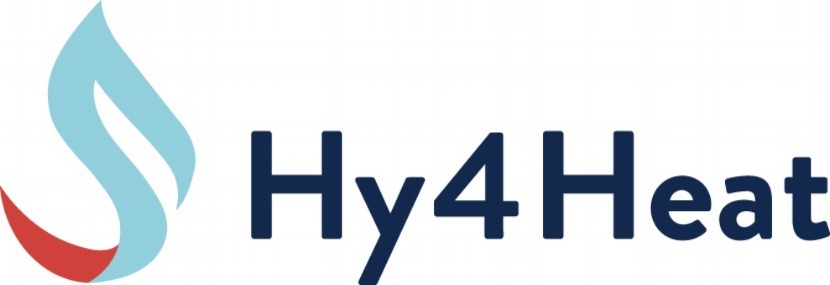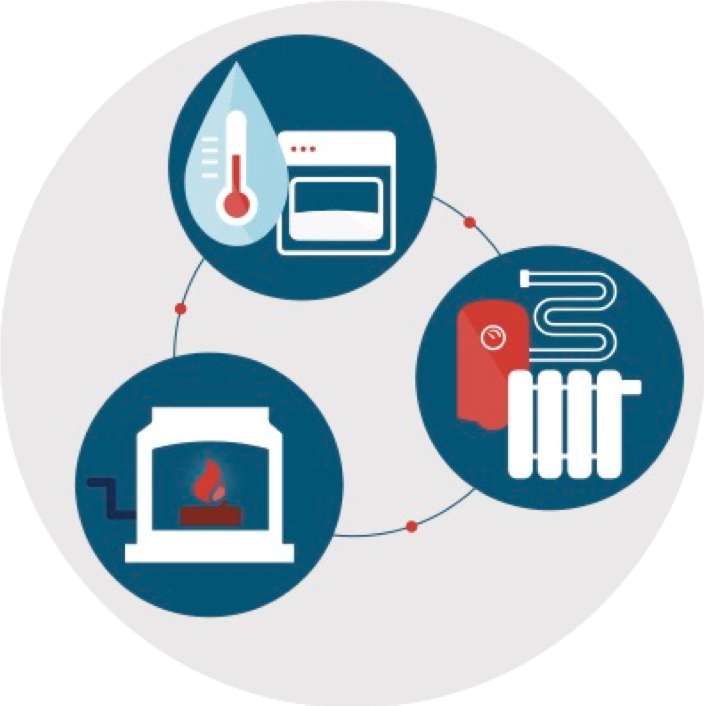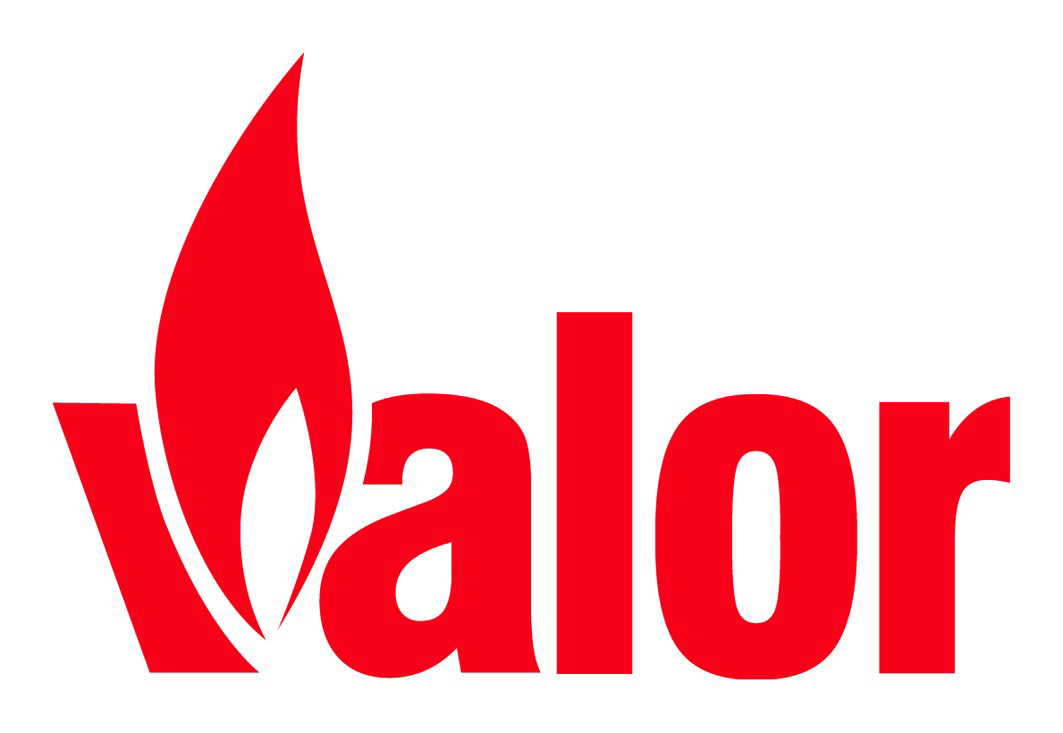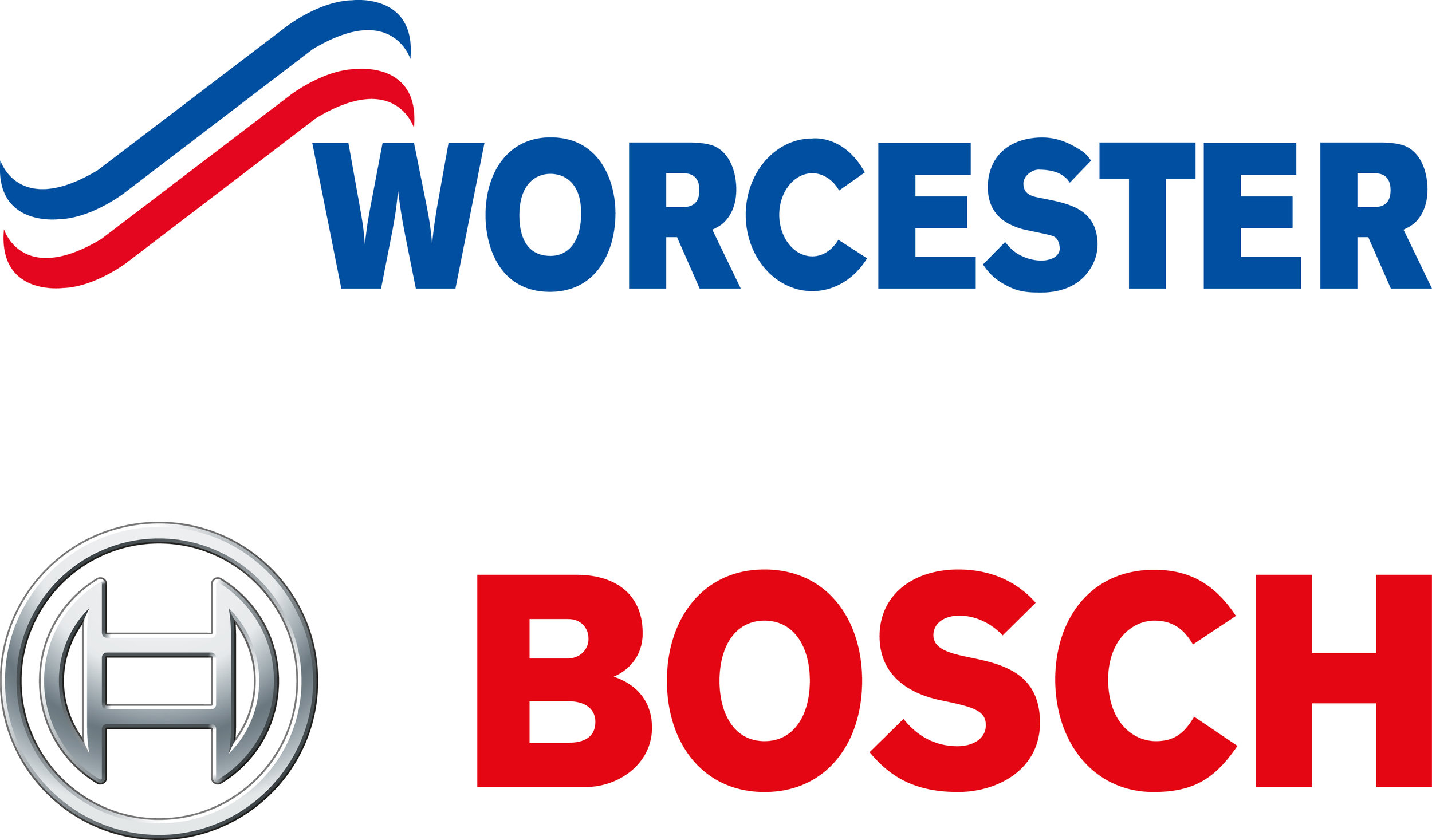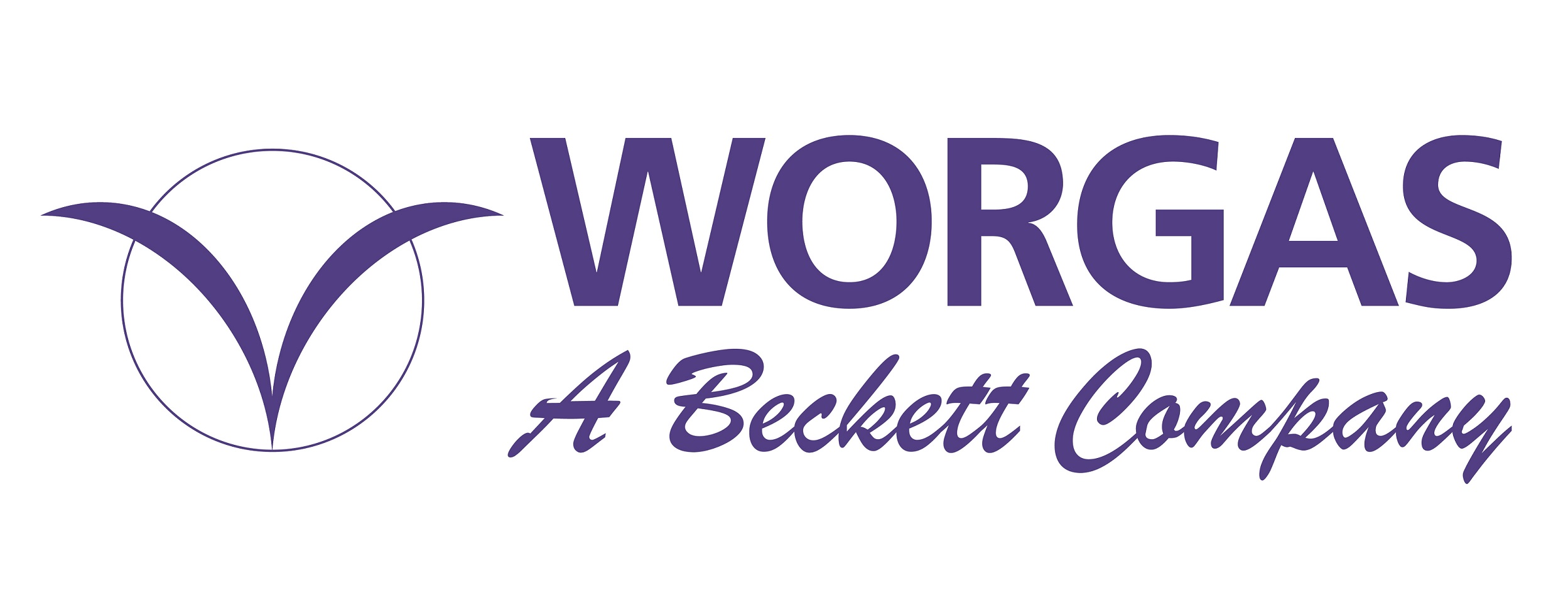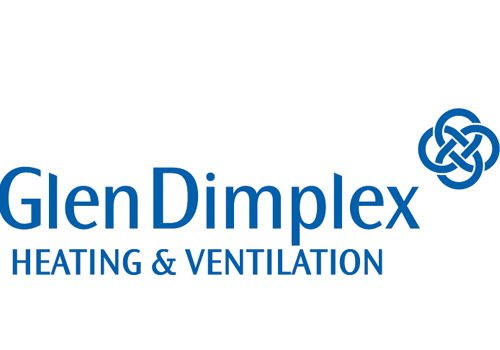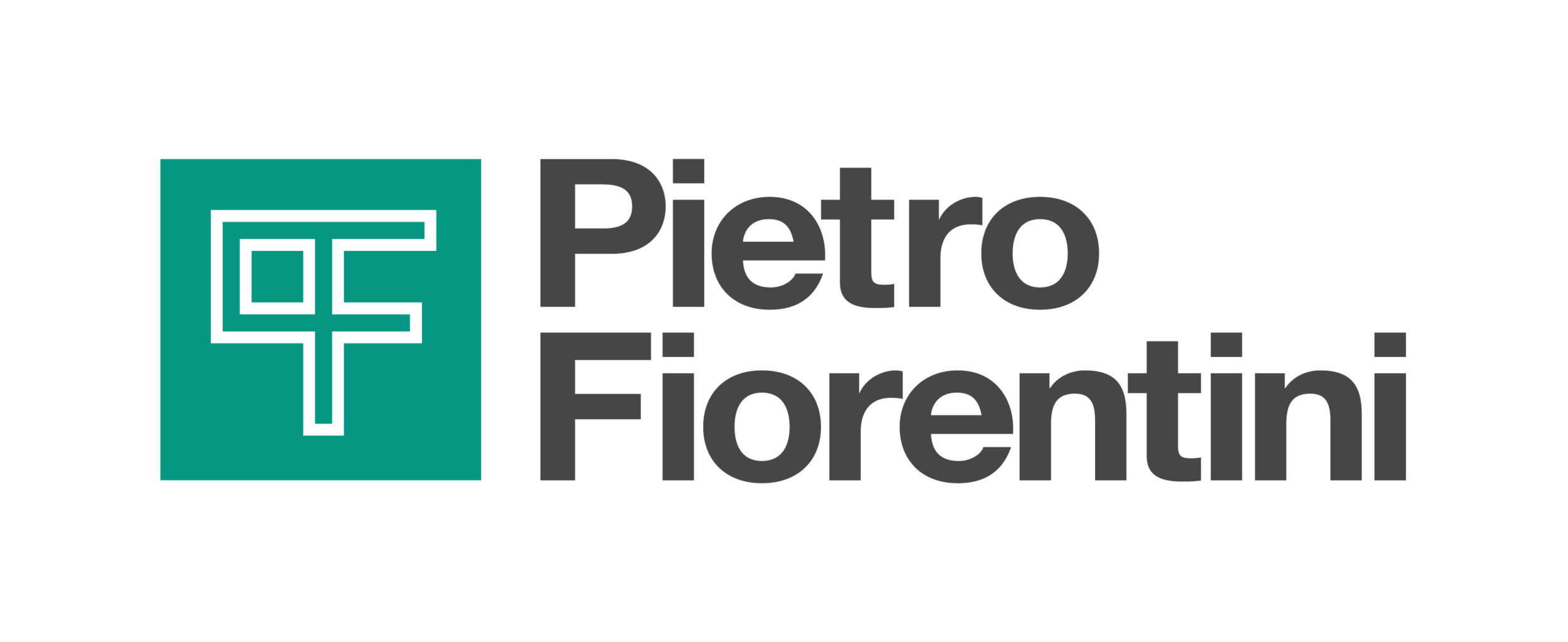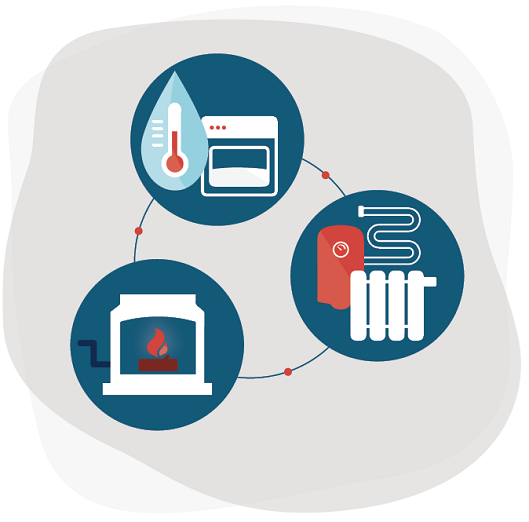Work package 4
Domestic hydrogen gas appliance development
This work package was the development of domestic hydrogen appliances to demonstrate the safe use of hydrogen as a fuel in providing domestic heating, hot water and cooking requirements. It has provided critical evidence of end-use application, safety, in-use emissions, and functionality. A number of organisations have developed prototype appliances (work package 4a). Several of these appliances have been showcased at the demonstration Hy Houses in Low Thornley, Gateshead, as well as at COP26, Glasgow 2021 (under work package 8).
A couple of companies have developed ancillary equipment (work package 4b) such as control valves and excess flow valves, needed for the safe installation of hydrogen appliances.
All appliances are to be GAR certified and meet PAS4444 standards (see work package 3).
11 October 2021, WP4 and wp4b appliance developer leaflets
The HyFires consortium has produced a range of three certified hydrogen gas fire models: a traditional open fronted coal effect gas fire; a glass fronted conventionally flued version; and a glass fronted balanced flued model
The HyCookers consortium has produced range of three, certified, 100% hydrogen gas cooking appliances: a hydrogen gas hob; a built-in oven/grill; and a freestanding cooker
Worcester Bosch has developed two 30 kW boiler; the Combi (which produces instantaneous hot water) and the Regular (intended to support a hot water cylinder). The boilers are direct like-for-like replacements for existing natural gas boilers and provide heating and hot water in exactly the same way as their natural gas counterparts
Baxi has developed Hydrogen-Ready Combi and System boilers with zero carbon dioxide and zero carbon monoxide emissions and very low NOx emissions. They require a similar installation and commissioning to conventional boilers
Clean Burner Systems has developed a range of gas fire burners for use with hydrogen gas
Continental has delivered a variety of components - from the emergency control valve through to the inlet of the gas meter - which are all deemed suitable for use with hydrogen
Pietro Fiorentini has developed a range of ancillary components for the gas meter set, including a pressure regulator, emergency control valve, excess flow valve and flexible hose and fittings suited for hydrogen applications
23 NOVEMBER 2020, BAXI HEATING AND WORCESTER BOSCH INSTALL HY4HEAT HYDROGEN BURNING BOILERS IN SPECIALLY-BUILT DEMONSTRATION HOUSES AT DNV GL’S TEST SITE
The Northumberland site has been used to complete over 200 tests, researching and proving the safety of converting homes and gas networks to hydrogen. The project is part of H21, a Network Innovation Competition project sponsored by Ofgem. Northern Gas Networks is leading the project with partners Cadent, Scottish Gas Networks, Wales & West Utilities, National Grid, DNV GL and the Health and Safety Executive’s science division. H21 is demonstrating how existing natural gas networks can be repurposed to safely carry 100% hydrogen
10 August 2020, phase 2b guidance note
Phase 2b guidance document sets out the process and assessment criteria for verifying that the Phase 2b milestones of the Domestic Hydrogen Appliance Development Innovation Competition (Hy4Heat - Work Package 4) have been completed to the satisfaction of BEIS.
7 august 2020, Remote Milestone review guidance note
We’ve published the remote milestone review guidance that we’ve issued to manufacturers appointed to deliver appliances, components and meters. Remote review provides the option to verify milestone delivery without requiring physical site visits.
13 July 2020 Continental and Pietro Fiorentini appointed WP4b contracts
Continental and Pietro Fiorentini have been appointed by BEIS, under work package 4b, to develop ancillary equipment including control valves and excess flow valves, needed for the safe installation of hydrogen appliances.
9 MArch 2020, Developers present at stakeholder engagement event
An audience of 200 stakeholders saw presentations by the developers of hydrogen appliances as part of the Hy4Heat stakeholder engagement event held in London (starting at slide 128). Afterwards presenters took part in a panel discussion and audience Q&A session.
26 February 2020, WP4b ITT clarification Q&A published
Answers to questions asked have now been published on the ITT portal. Bidders have until 11 March to submit their applications.
28 JANUARY 2020, WP4B ITT FOR ANCILLARY COMPONENTS PUBLISHED
BEIS has published an ITT to appoint contractors to develop ancillary components (including control valves, excess flow valves & alarms) necessary for the safe installation of hydrogen appliances.
14 May 2019, phase 2 kick off stakeholder event
Manufacturers through to Phase 2a of the competition to develop domestic hydrogen gas appliances heard presentations on hydrogen standards, safety assessment and PAS 4444 at the kick-off event.
29 April 2019, Phase 2a guidance note
Guidance note detailing the requirements needed for completion of all WP4 Phase 2 milestones.
Update: 20 May 2020: Addendum to the guidance note detailing minor changes in light of revised delivery timescales to the demonstration trials.
8 February 2019, Clarification questions answered
Clarification questions answered ahead of Phase 1 Report submissions.
26 November 2018, Guidance document for phase 1
Document setting out how the phase 1 reports should be structured and the evaluation criteria.
31 August 2018, ITT for domestic hydrogen appliance development (WP4) published
This small business research initiative (SBRI) competition focuses on the development of domestic hydrogen appliances to demonstrate the safe use of hydrogen as a fuel in providing domestic heating, hot water and cooking requirements. It aims to provide critical evidence of end use application, safety, in-use emissions, and functionality. The appliance types to be developed are boilers (combination and regular/system), cookers (stand-alone hobs, stand-alone ovens with grills and integrated freestanding cookers), fires (standard and mid-range) and innovative domestic hydrogen appliances.
31 August 2018, online webinar presentation published
This short presentation is intended to help those interested in applying to be part of WP4 competition.
15 JUNe 2018, STakeholder Engagement Event
An engagement event, held at BEIS conference centre, focused on those interested in being part of the development of domestic gas hydrogen appliances.
